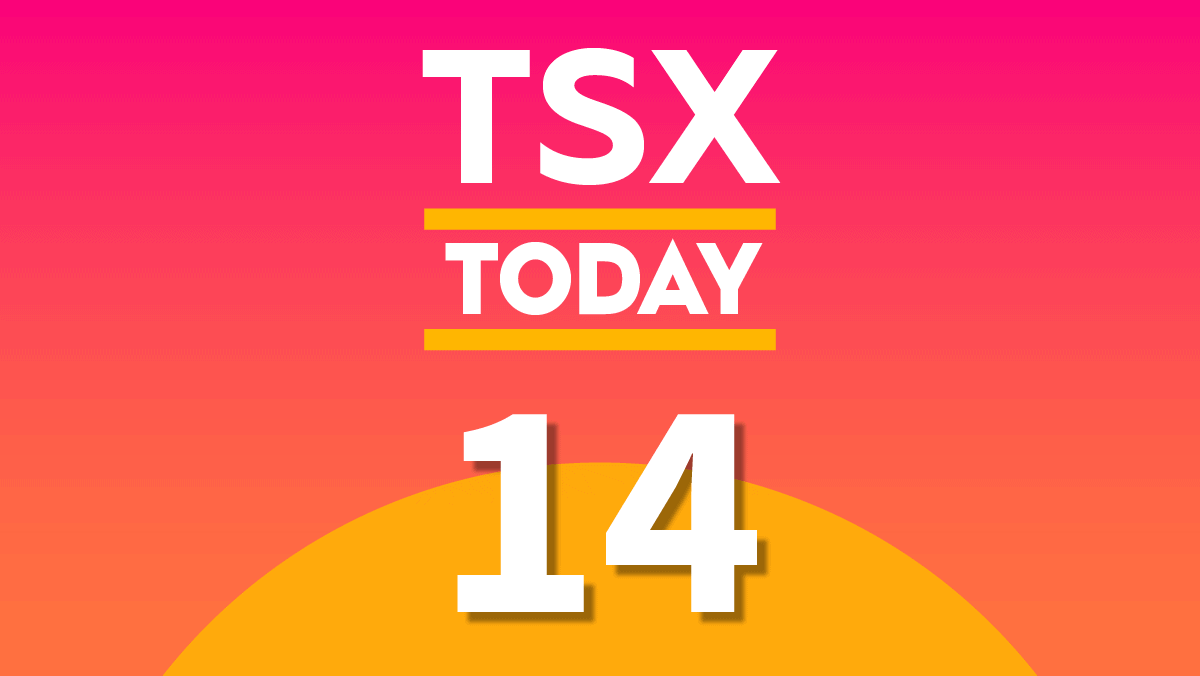The Canadian stock market selloff continued for the second consecutive session on Monday as concerns about elevated interest rates and their impact on economic growth continued to keep investors on edge. Despite a strong rise in crude oil prices, the S&P/TSX Composite Index gave up another 231 points, or 0.9%, to close at 24,536.
While all key sectors ended the session in negative territory, the market selloff was mainly led by sharp intraday declines in healthcare, mining, and utility stocks.
Top TSX Composite movers and active stocks
Bausch Health (TSX:BHC) plunged by 6.4% to $10.65 per share after its subsidiary Bausch + Lomb (TSX:BLCO) announced the acquisition of Whitecap Biosciences. The deal is likely to add promising therapies for glaucoma and geographic atrophy, which are considered leading causes of vision loss, to the Canadian pharmaceutical giant’s pipeline.
In a press release, Bausch + Lomb also highlighted that Whitecap’s WB007, a glaucoma treatment, has completed phase two trials, with further trials already planned. Through this acquisition, Bausch + Lomb plans to address growing needs in eye health. Despite this seemingly positive development, BLCO stock also fell over 2% yesterday, potentially reflecting the impact of the broader market weakness.
Sharp intraday declines in precious metals prices drove mining stocks like Orla Mining, NovaGold Resources, and Aya Gold & Silver down by over 6% each, making them among the worst-performing stocks on the Toronto Stock Exchange.
In contrast, Nutrien, Parkland, Canadian Tire, and Magna International were the top-performing TSX stocks for the day, with each climbing by over 2%.
Based on their daily trade volume, Toronto-Dominion Bank, Canadian Natural Resources, Baytex Energy, Cenovus Energy, and Enbridge were the five most active stocks on the exchange.
TSX today
Commodity prices across the board were largely mixed early Tuesday morning, pointing to a flat opening for the resource-heavy main TSX index today.
No major domestic economic releases are scheduled today. However, Canadian investors will closely watch the latest U.S. wholesale inflation report, which could provide further clues about the Federal Reserve’s monetary policy and influence market sentiment.









